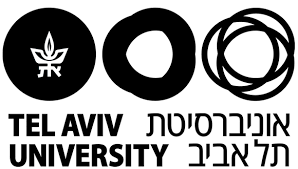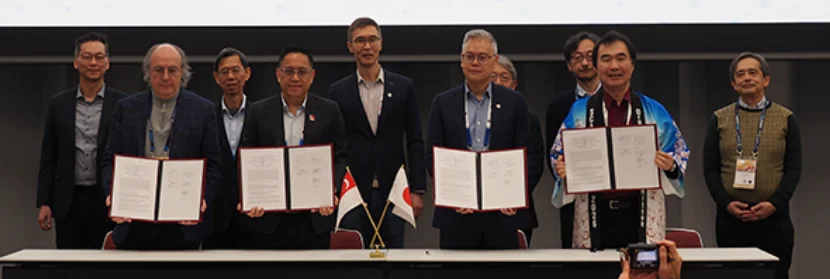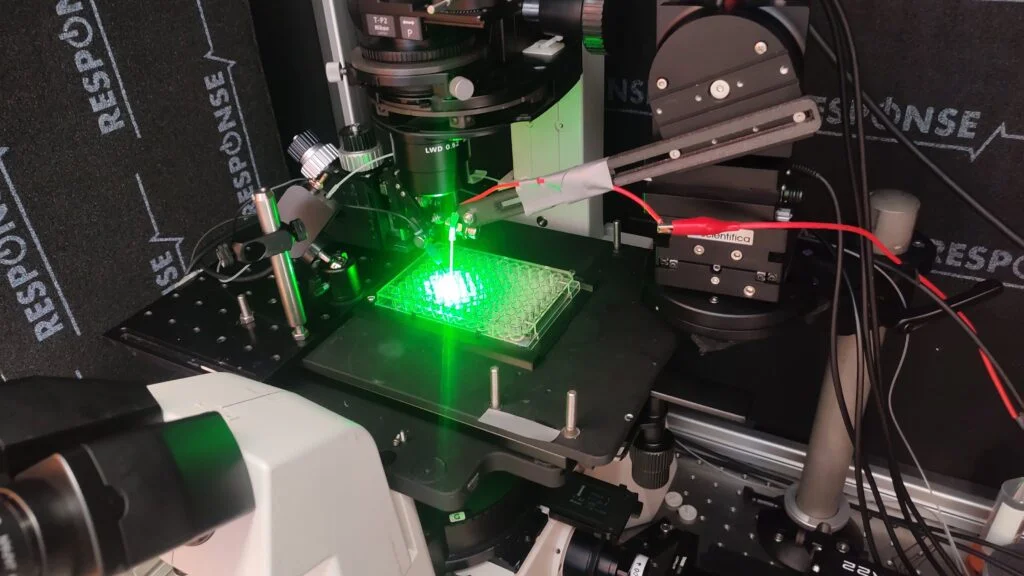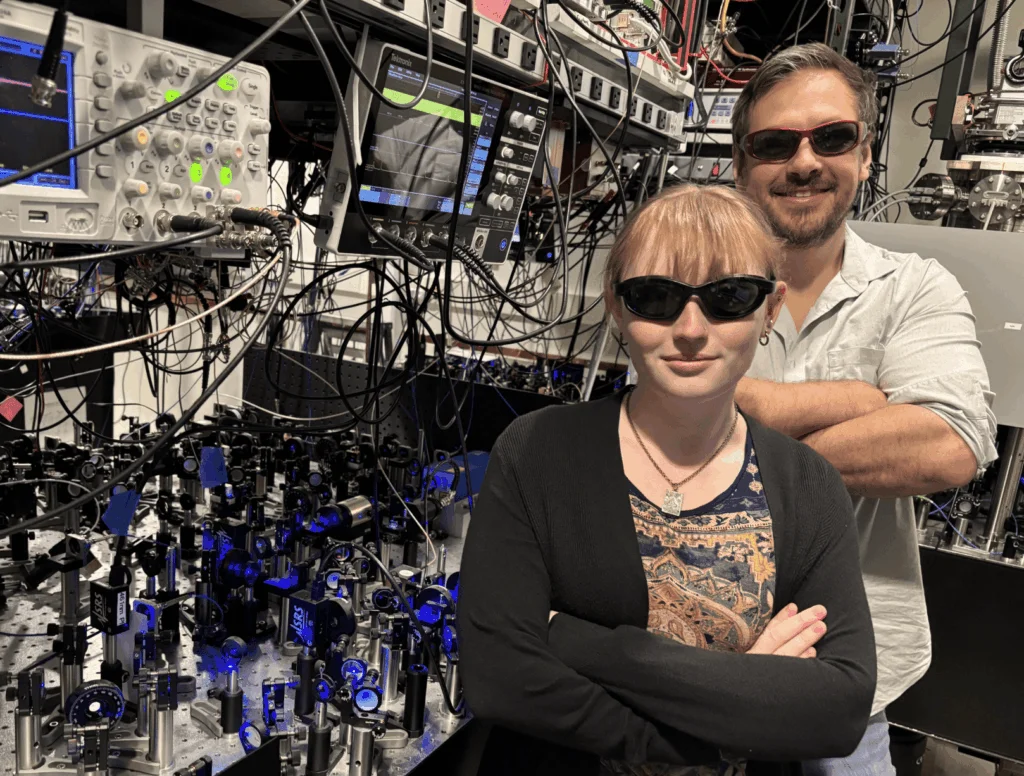Quantum in Israel
It’s always nice to hear the experts’ views as to what effect quantum computing will have on our future. Not only for the obvious benefit of hearing various views on the topic but also because it gives those working in the commercial sphere hope that the technology we are all working so hard to create and popularize is not being done in vain.
As a leader in quantum tech, Israel has its fair share of academics and entrepreneurs in the space making a difference. According to The Quantum Insider’s (TQI) Quantum Intelligence platform, there are at least thirteen companies in quantum tech, from manufacturers of the hardware to quantum encryption solutions companies. On the academic side, too, Israel has four universities with active quantum research departments, not to mention numerous groups and centres, impressive for a country of only nine million people.
Top Mind
Professor Yaron Oz, a Professor at the School of Physics and Astronomy at Tel Aviv University (TAU), is one such individual involved in quantum within the country. Oz, who has spent decades learning the power of computing and exploring the practical ways for which humankind can harness computational advancements to reach a better life, recently spoke on the Tel Aviv University Podcast, TAU Unbound, with host Ido Aharoni Aronoff.
After the two discussed the accelerator at CERN, Switzerland (his former employer), the Faculty of Exact Sciences, TAU, and quantum field theories, Aronoff moved the topic to quantum computing. Oz first gave his audience a primer on the differences between classical and quantum computers, expanding on superposition and entanglement which the academic had discussed earlier in the podcast.

“So,” Aronoff began, “say we have a quantum computer that can calculate things with much greater power than a traditional computer, what are the applications of it?”
“Volume of data and speed,” said Oz. “And once you have that you change dramatically the whole shape of the industry and security.”
Oz talked about the advantages of quantum information for security, harvesting now so hackers can decrypt later and, then, quantum computing for the discovery of molecules, underlining this particular one was a complicated problem that most quantum computers will not be able to realistically do until at least 2030.
“Coalition of Scientists”
The host’s next question was about the collaborative efforts and the “coalition of scientists” in the space.
“I would distinguish between universities, government funding and companies,” said Oz. “Governments — for various reasons — have decided to invest a lot of money in this. Basically Europe, the US, and others, including Israel, by the way, which has a national program for quantum. But then there are the companies, these want to make money, and those companies have invested billions of dollars in order to build it,” Oz added, namedropping the usual suspects like Google and Microsoft etc.
Aronoff’s next question to Oz, focused on what Israel should be doing in quantum to become a leader, was a poignant one.
Oz’s honesty, admitting that Israel still lags behind other countries, was a breath of fresh air.

“We are good in cybersecurity, AI, classical computing etc.,” said Oz, “and the reason is that it is important for the military. It was not clear in the past that quantum was important. However, once we [Israel] understand that something is important, we move very, very fast.”
Building Startups
The Tel Aviv University physicist made it clear there needs to be more government funding, an effective way to produce scientists and rigorous teaching programs established.
“And we need to do, what we usually like to do, build startups,” Oz added.
“Are you optimistic about the role Israel and TAU can play in the future of quantum computing?” asked Aronoff.
“I think yes. The main advantage of Israelis is that they are talented and very fast,” said Oz. “These are qualities that are needed. We will just close the gap in five years.” Oz opened up about his country’s limitations, however: “We are not going to build the biggest quantum computer, but I don’t think it’s important. We can be a major player in the field, and once this has been developed there will be quantum machine learning, quantum cybersecurity and all kinds of things which we are very good at.”
Oz’s expertise and experience in quantum are the industry’s gain, and it is people like him that will make quantum computing the technology of the future, whether that timeline reaches us before 2030 or after.
To stay updated on the newest quantum computing news, click here.
















